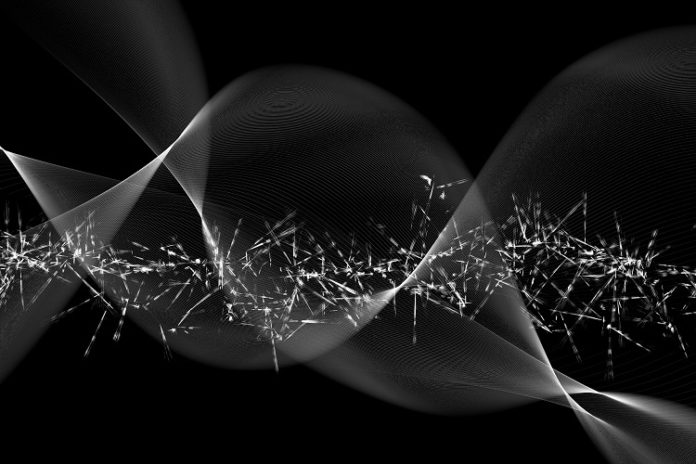A new research by the University of St Andrews’ School of Physics holds the potential to transform the way scientists predict about quantum particles behavior. The research opens the possibility of more faithful simulations of the next generation of quantum processors. Moreover, it could allow scientists to make more powerful computers.
The study suggests, on the off chance that real qubits carried on like the textbook qubits, the quest to assemble a quantum computer would be simple. In any case, not at all like the textbook qubits, real qubits are never really confined, they associate consistently with the huge number of different particles on the world.
This means that trying to create a mathematical model of a qubit’s behavior is very difficult since we now also need to keep track of what the rest of the world is doing as well. To do this explicitly requires an amount of information that cannot be stored, even on the biggest computers we have. To avoid this, simple models of the interaction between individual qubits and the rest of the world are often used, but these can miss crucial effects.
Dr Brendon Lovett, research head said, “Our research has found a ground-breaking new way of keeping the most relevant fraction of information, allowing an exact description of the behavior of the qubit even on a regular laptop.”
“This work not only opens up the possibility of more faithful simulations of the next generation of quantum processors but could allow us whole new insights into how quantum mechanics works when many particles are put together.”
The paper is published in the Nature Communications.
